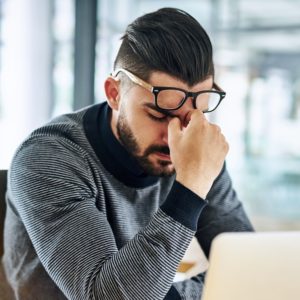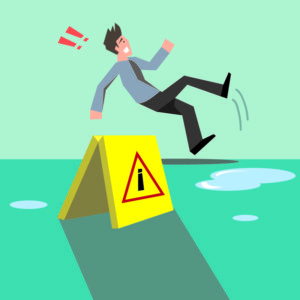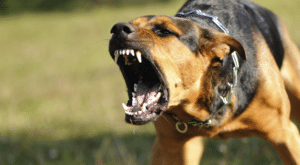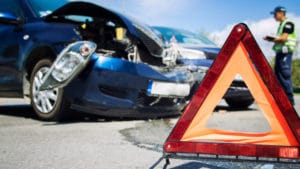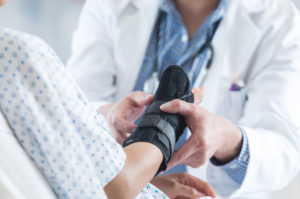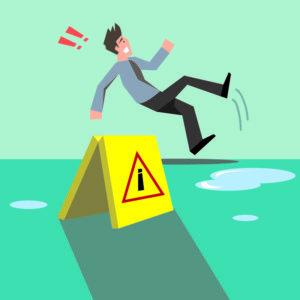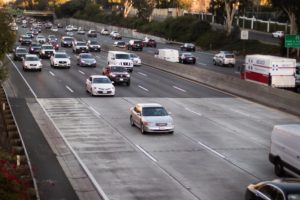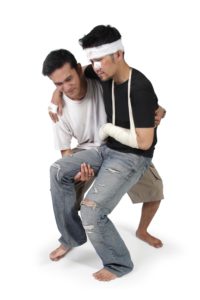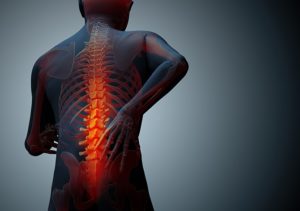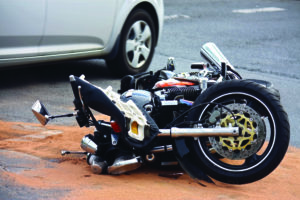The holiday season is synonymous with merry gatherings and festive libations, but all it takes is an unfortunate slip and fall accident to happen under your roof to ruin the night. If you or a loved one slips and falls on someone else’s property, or if someone slips and falls on your property, the owner of the property is likely responsible for injuries ensued. For any type of personal injury case, whether it be a motor vehicle accident, a slip and fall or malpractice, those responsible and liable is key in the injury case. Every year, tens of thousands of people are injured during slip and fall accidents, especially as the winter season and slick or icy conditions increase. Slip and fall accidents are common in public locations such as parks, shopping malls and even other people’s homes as they gather together for holiday parties and festivities.
Who is Liable?
If you have suffered from a slip and fall accident on someone else’s property, one of the following should be true in order to determine liability:
- An employee or property owner caused the conditions in which a slip and fall occurred, like creating a slippery or dangerous environment, and did not tend to it.
- An employee or property owner knew about the dangerous conditions and did nothing about it, resulting in the slip and fall accident.
- An employee or property owner should have known about the dangerous conditions, as a responsible and reasonable person caring for a property.
The last instance is one of the most common ones, but may be somewhat subjective and less clear to argue, as the phrase should have known results in some judgements being finalized due to the use of common sense in such situations.
Laws on premises liability often cover slip and falls or similar types of personal injury accidents on someone else’s property, but in order for a property owner to be held liable and legally responsible, one of the above must be true.
Determining What is “Reasonable”?
For cases due to negligence, claims are determined based on whether or not a defendant acted “reasonably” in the situation at hand. To determine a property owner’s “reasonableness,” statements in the law concentrate on whether or not the property owner regularly updates or fixes things as needed, to mitigate the chances of accidents or injuries happening. Common question addressed include:
- Was the slippery floor or unsafe conditions causing the slip and fall accident an act of negligence of a property owner, such as an unresolved leak or flooding issue?
- Have the dangerous conditions been there long enough for a property owner to know about it and put effort into repairing the issue?
- Are facilities and premises regularly monitored and examined and is this documented when it happens?
- Should a warning or sign have been left to prevent others from suffering from similar personal injury accidents?
- Did poor lighting conditions play a factor?
- Did poor weather conditions play a factor?
Answering the above questions may help your initial discovery process as you plan to take action regarding a slip and fall accident. Determining your actual losses, or the financial liability of the property owner, may be difficult. Having a trusted and experienced personal injury lawyer can make or break your case, especially since their expertise shines in personal injury cases like your own. Gathering medical records and recording your time off from work and additional expenses resulting from your slip and fall accident can greatly assist you as you embark on your recovery journey.
As you celebrate the holiday season and ring in the new year, be extra cautious of unfavorable weather conditions, dangerous conditions in others’ homes and the liability of someone being injured as a result of a slip and fall accident in your own home. Being aware and taking additional precautions can help you prove your “reasonableness” if or when accidents arise.




















